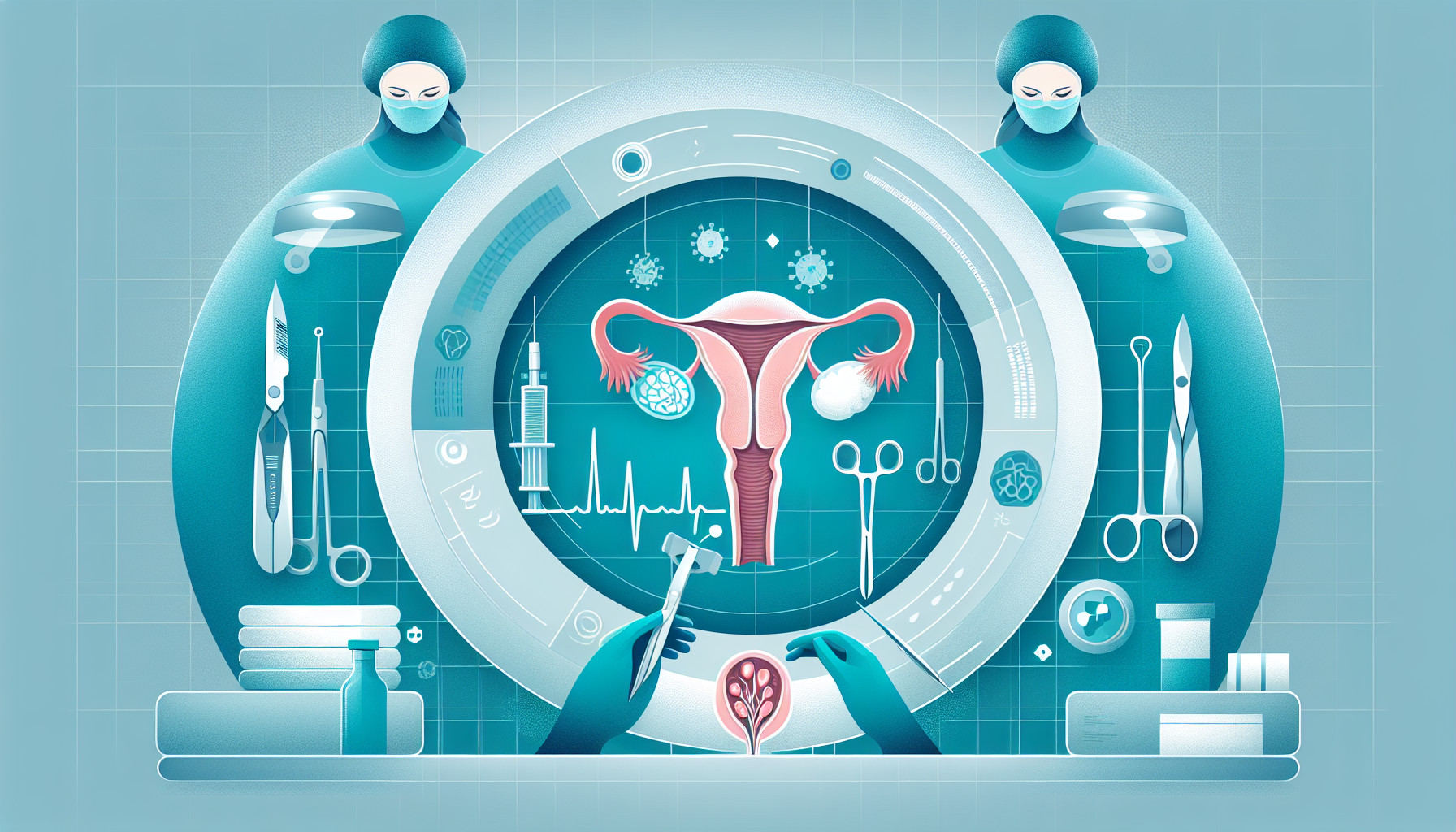Our Summary
Researchers in Denmark studied whether unnecessary removal of ovarian tissue might occur during surgery to remove certain types of cysts, specifically endometriomas and dermoid cysts. They looked at data from 326 women who had these surgeries between 2011 and 2013. Their findings showed that in 80.3% of the surgeries to remove endometriomas, ovarian tissue was also removed, compared to only 17.2% of the surgeries to remove dermoid cysts. They also found a positive correlation between the size of endometriomas and the level of CA 125, a substance that can be a marker for certain conditions including endometriosis. This suggests that the risk of removing ovarian tissue during these surgeries is significantly higher for endometriomas than for dermoid cysts.
FAQs
- What types of cysts did the Danish researchers focus on in their study about ovarian tissue removal?
- What was the main finding of the study regarding the removal of ovarian tissue during the surgery for endometriomas and dermoid cysts?
- What is the relationship between the size of endometriomas and the level of CA 125 according to the study?
Doctor’s Tip
One helpful tip a doctor might tell a patient about ovarian cyst removal is to discuss the potential risks and benefits of the surgery, including the possibility of unnecessary removal of ovarian tissue. It is important for patients to have a thorough discussion with their surgeon about the specific type of cyst they have and the best approach for removal, in order to minimize the risk of unintended consequences. Additionally, patients should ask about the surgeon’s experience and expertise in performing these types of surgeries, to ensure the best possible outcome.
Suitable For
Patients who are typically recommended ovarian cyst removal include those with:
- Large cysts that are causing symptoms such as pelvic pain, bloating, or pressure
- Cysts that are persisting or growing in size
- Cysts that are suspected to be cancerous or are causing concerning symptoms such as abnormal bleeding or weight loss
- Cysts that are causing infertility or affecting fertility treatment
- Cysts that are causing complications such as twisting (torsion) or rupture
- Endometriomas (cysts caused by endometriosis) that are causing symptoms or affecting fertility
- Dermoid cysts that are causing symptoms or complications
It is important for patients to discuss the risks and benefits of ovarian cyst removal with their healthcare provider to determine the best course of action for their individual situation.
Timeline
Before ovarian cyst removal:
- Patient may experience symptoms such as pelvic pain, bloating, and changes in menstrual cycle.
- Patient undergoes diagnostic tests such as ultrasound or MRI to confirm the presence of ovarian cysts.
- Patient discusses treatment options with their healthcare provider, including the possibility of surgery to remove the cyst.
After ovarian cyst removal:
- Patient undergoes surgery to remove the ovarian cyst, which may be performed laparoscopically or through open surgery.
- Recovery time varies depending on the type of surgery and the size of the cyst, but typically involves a few days of rest and limited activity.
- Patient may experience some discomfort or pain after surgery, which can be managed with pain medication prescribed by their healthcare provider.
- Follow-up appointments may be scheduled to monitor the patient’s recovery and ensure that there are no complications.
- Patient may experience relief from symptoms such as pelvic pain and bloating after the cyst is removed.
What to Ask Your Doctor
- What type of cyst do I have and what are the risks associated with removing it?
- What are the potential complications of ovarian cyst removal surgery?
- Is there a chance that my ovarian tissue may be removed during the surgery?
- How will removing the cyst affect my fertility?
- What is the recovery process like after ovarian cyst removal surgery?
- Are there any alternative treatments or less invasive options available for my condition?
- How will removing the cyst impact my hormone levels and overall health?
- Will I need any follow-up procedures or monitoring after the surgery?
- How experienced are you in performing ovarian cyst removal surgeries, particularly for the type of cyst I have?
- Are there any lifestyle changes or precautions I should take before or after the surgery to improve my outcome?
Reference
Authors: Perlman S, Kjer JJ. Journal: Acta Obstet Gynecol Scand. 2016 Mar;95(3):285-90. doi: 10.1111/aogs.12841. Epub 2016 Jan 24. PMID: 26669273
